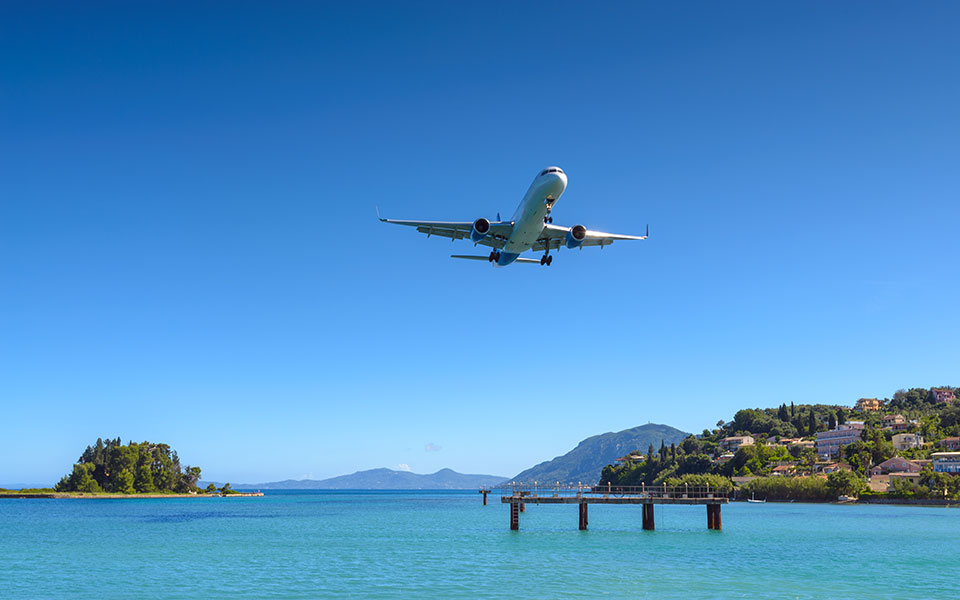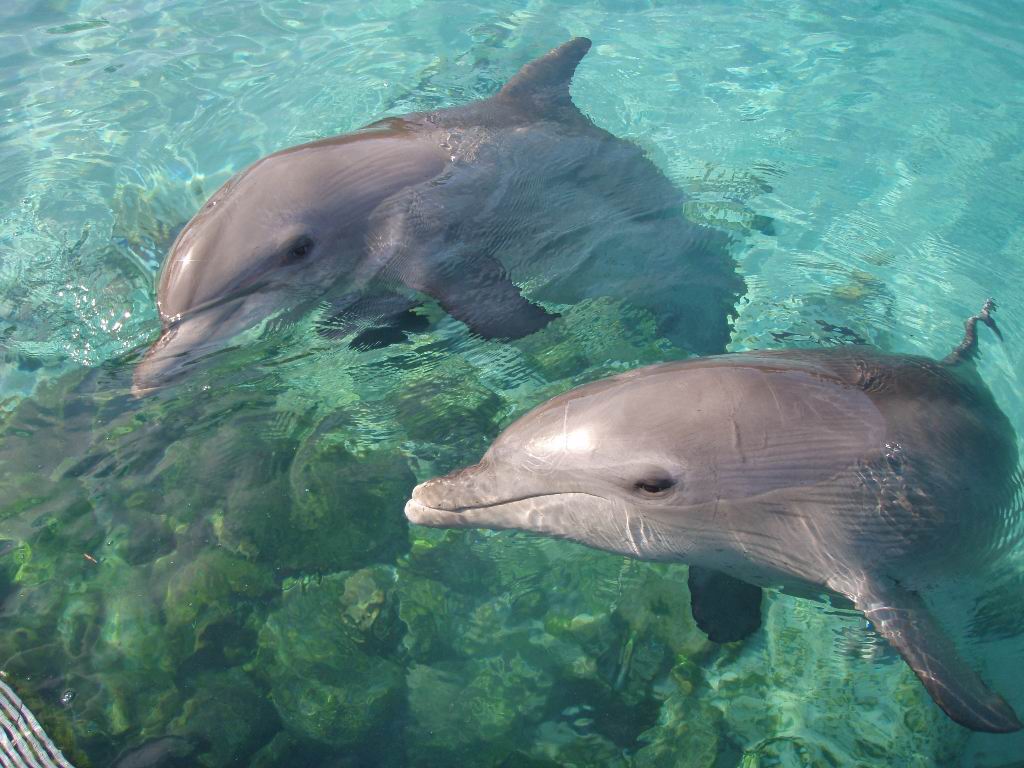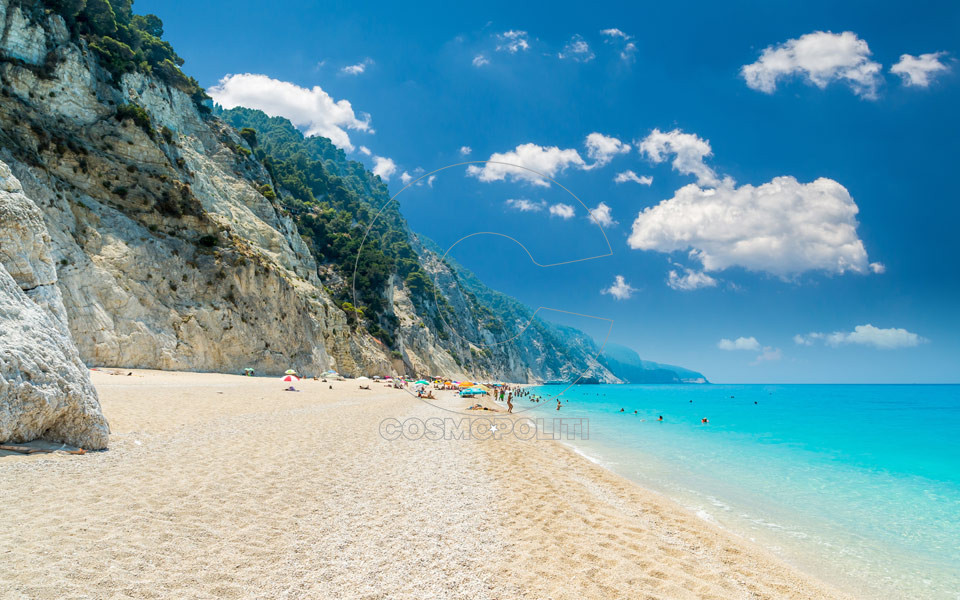All the key developments regarding the coronavirus measures in Greece, and the re-opening of the country to international tourism – regularly updated.
As the summer approaches there is a key question on many people’s minds: “When will I be able to travel Greece again?”
In this article we will seek to provide the most up-date-information about the situation in Greece and developments regarding tourism and international travel to the country. As the situation is likely to remain fluid for the coming weeks, we will be regularly updating this article with the latest developments.
When will tourism resume in Greece?
From June 1, domestic tourism will gradually resume. Hotels that operate year-round will be able to open, as will campsites. As of May 25 the final restrictions on domestic travel to the islands have been lifted, allowing free movement around the country, with ferry routes and domestic flights gradually resuming.
The Greek government has announced that the international tourism period will begin on June 15 in Greece, when seasonal hotels will be allowed to open their doors again. Restrictions on international air travel will be eased allowing tourists to land from abroad at Athens International Airport from that date.
Direct international flights to tourist destinations in Greece will gradually resume from July 1.
The reopening of Greece to international tourism will only apply to countries that meet certain epidemiological criteria with regards to COVID-19 – meaning countries where the spread of the coronavirus has been contained to low levels.
The list of countries from which tourists will be able to freely travel to Greece from June 15 remains to be finalized, with the minister of tourism Harry Theocharis recently stating that this is expected before the end of the month. He stressed that the final decision would be determined by the criteria set by health officials.
However, according to reports in the Greek media, the first countries expected to be able to send tourists to Greece include Germany, Cyprus, Israel, China, Japan, Australia, Norway, Denmark, Austria, Bulgaria, Serbia, Romania, Albania, North Macedonia, Bosnia, Croatia, Poland, Hungary, Slovakia, and the Czech Republic.
Restrictions will almost certainly continue to apply for some time to travel from countries with continued extensive spread of COVID-19. These include major tourism markets for Greece such as the USA, the UK and Russia.
The European Union Aviation Safety Agency (EASA) has released a list of airports located in areas of high risk of transmission of COVID-19 available here.
Open but with new measures
It will, of course, not be business entirely as usual in the Greek islands and other holiday destinations this summer. Everything from hotels, restaurants and open-air cinemas to flights and ferry boats will operate under new rules to allow for social distancing.
Covid-19 tests will not be required for all travelers coming to Greece. However some air travelers will be subject to spot tests by health officials.
Tourism Minister Harry Theoharis has said that authorities will also boost the healthcare capacity of several tourist destinations by providing tests and doctors, as well as an operational plan for the handling of possible infections (a hotel doctor, quarantine areas and transfer to a health facility).
Many businesses including hotels, open-air cinemas, beach clubs, restaurants etc. will operate at lower capacity to prevent overcrowding. This may affect the cost of some services as businesses seek to offset the lost income.
However these will be dampened by tax cuts and economic measures designed to support the tourism industry and employment. These include lowering the VAT in public transport fares, open-air cinema ticket prices and coffee and non-alcoholic beverages to 13 percent from 24 percent from June 1 until October 31.
What are the measures to contain the virus currently in effect in Greece?
As of May 4, the government began to loosen the lockdown measures, with businesses reopening (with new rules to protect public health) and restrictions loosened on domestic travel.
Specifically:
May 4 – Small non-essential businesses including hair salons, bookstores, florists, etc are permitted to reopen (with the use of masks required for employees and customers, as well as other social distancing requirements). Citizens are allowed to move about freely, but only within their prefecture of residence. Churches are also allowed to reopen but only for individual worship – the numbers of worshipers must be limited and services are prohibited.
May 11 – Remaining retail shops are permitted to open, following the above social distancing rules. High schools reopen for senior students sitting national exams this summer.
May 16 – Beach clubs are allowed to open, however with new rules for their operation. The public can also make use of free beaches and coastline, although are advised to respect social distancing guidelines.
May 17-18 – Archaeological sites are reopened, as are remaining large commercial shops, zoos and botanical gardens, although performances and congregations remain banned. Refreshment and snack bars are scheduled to open on May 25. High schools reopen for all students. Churches are allowed to resume services (with new rules limiting the number of worshipers). Citizens are able to travel freely on the mainland (as opposed to being restricted to their prefectures) by car, train and domestic flights. Travel is also freely permitted to Evia and Crete. However travel to all other islands remains restricted to residents and workers.
May 25 – Earlier than originally planned, cafés and restaurants are allowed to reopen for sit-in dining (throughout the crisis they have been able to remain open but only for takeaway and delivery). However diners will be restricted to outdoor seating areas and new social distancing rules will apply (2 meters between tables and a limit on the number of people per table). Travel to the islands is also permitted once again with ferries and domestic flight routes resuming.
June 1 – Open air cinemas will open with max capacity reduced to 40%. Hotels that operate year-round (as opposed to seasonal hotels) will also be allowed to reopen (with new rules and guidelines).
June 15 – The international tourism season begins. Seasonal hotels reopen. Museums will also open with new limits for visitor limits.
Note that all of the above dates are subject to change, depending on the course of the epidemic in the country. Any potential resurgence of the virus will lead to delays and possibly reversals of the above measures.

© Shutterstock
What are the statistics in Greece with regards to the coronavirus?
In early March, while infections and deaths from the COVID-19 coronavirus were still very low, the Greek government imposed a lockdown on the country, closing all but essential businesses, and restricting travel to and within the country.
The swift and decisive imposition of these measures, and the fact that they were faithfully observed by the vast majority of Greek citizens, has seen the country emerge as one of the “success stories” of the pandemic, with one of the lowest infection and death rates in Europe.
As of May 25, there were a total of 2,882 confirmed cases of COVID-19 recorded in the country and 172 deaths. New confirmed cases are currently hovering at less than 10 per day (on May 25 there were 4 new cases, and 0 new deaths).
Importantly, more than three weeks after the first loosening of Greece’s lockdown restrictions, there has not been any significant uptick in cases, allowing the government to move ahead with its plans to reopen the tourism economy.













































Σχόλια για αυτό το άρθρο